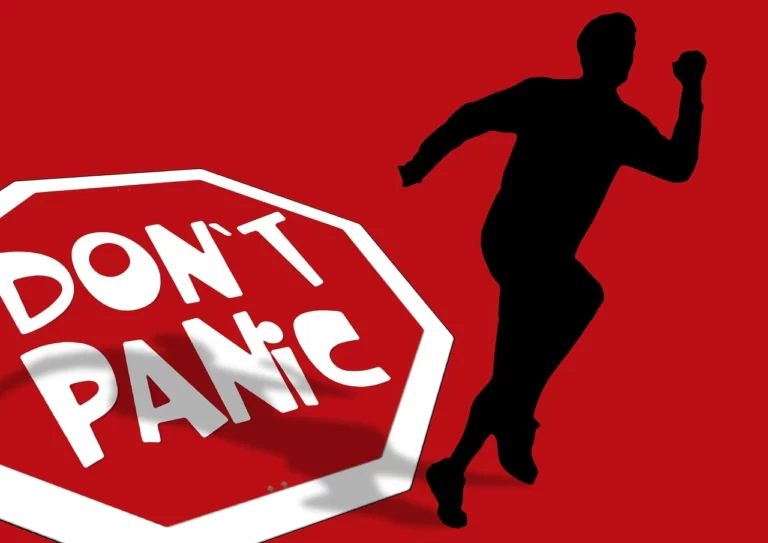Anxiety is a common problem that affects everyone at some point in their lives. Whether you’ve never had an anxiety attack before or you’re experiencing them on a regular basis, it’s important to have a strategy for managing it. Here are 10 best practices for managing your anxiety effectively.
1. Know the symptoms of anxiety.
When you know what the symptoms are, you can identify when you’re feeling anxious and take steps to calm yourself down. Pay attention to your body and how it’s reacting. If you feel like you’re about to have an anxiety attack, find a place to sit or ground yourself by doing something calming like counting your breaths or focusing on a picture.
2. Talk about your anxiety.
Talking about your anxiety is key to managing it effectively. It helps you understand what’s going on and gives you someone to talk to. Talking can also help you connect the dots between different events that trigger your anxiety, which can help you figure out how to prevent them from happening in the future.
3. Exercise/yoga/gym regularly.
Exercise has been shown time and time again to be helpful for managing anxiety disorders. It helps increase blood flow and reduces stress levels, both of which are important for reducing anxiety symptoms. Exercise can also be a great way to socialize – working out with others can help reduce feelings of isolation and loneliness, two major factors that contribute to anxiety disorders.
4. Avoid caffeine and alcohol before bedtime.
Caffeine and alcohol are two common triggers of anxiousness, so avoid them before bed if you want to sleep soundly. These substances dehydrate us and make it harder for our bodies to relax during the night – both of which will increase our chances of having an anxiety attack during the night!
5. Use self-care methods regularly throughout the day.
Self-care methods are important for keeping our minds healthy as well as our bodies! Some self-care methods that work well for managing anxiety include exercise, deep breathing exercises, journaling, mindfulness meditation, aromatherapy, etc.
6. Address your anxiety head-on.
If you can identify when your anxiety is starting to take over, you can start to address it head-on. This might involve talking to a friend, seeking out help from a therapist, or taking medication.
7. Make a plan.
If you know what steps to take when your anxiety gets out of control, you can create a plan and stick to it. This will help you to stay in control and feel more in control of your life.
8. Set boundaries.
If you find that your anxiety is affecting your work or school, it’s essential to set boundaries. This might mean telling your boss or school counselor that you need time to focus on your anxiety, or taking a break during class.
9. Stay positive.
It can be difficult to manage our anxiety when it feels like everything is going wrong, but it’s important to stay positive. This will help us to maintain a sense of hope and optimism, which can help us live our lives more happily and confidently.
9. Be patient.
Most people with anxiety disorder find that over time, they can manage it better. It takes time and patience, but you can manage your anxiety effectively with a strategy in place.
10. Swimming
Swimming can help to calm and soothe your anxiety. Swimming can help to release endorphins which can help to reduce your anxiety symptoms.
Conclusion
Managing your anxiety effectively is important if you want to live a normal life. By following these tips, you can start to control your anxiety and live a productive and healthy life. Thanks to read, if it is useful then kindly share and bookmark it for notification.
More articles are linked here –

